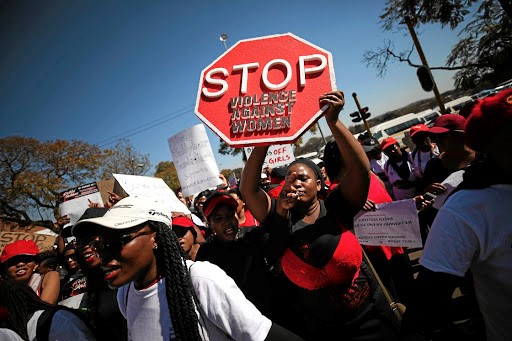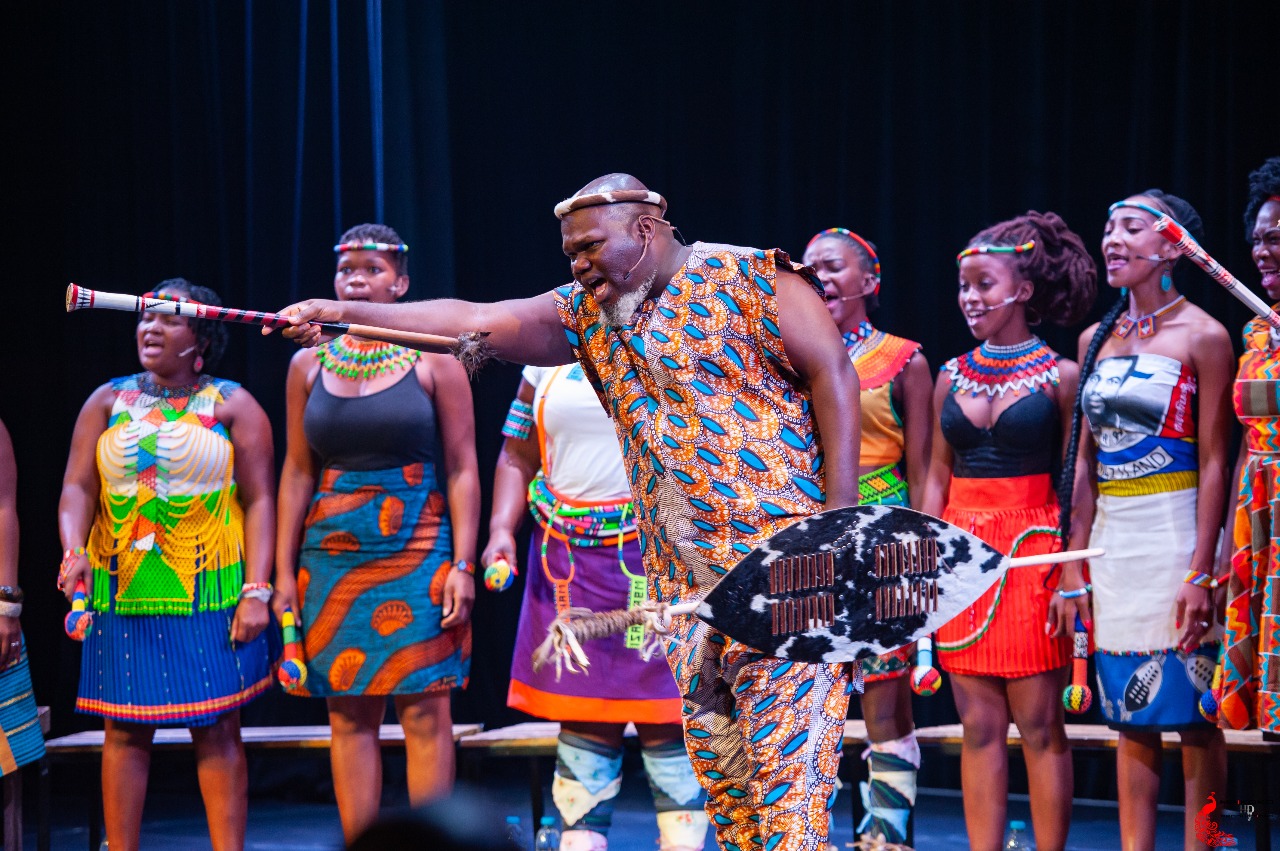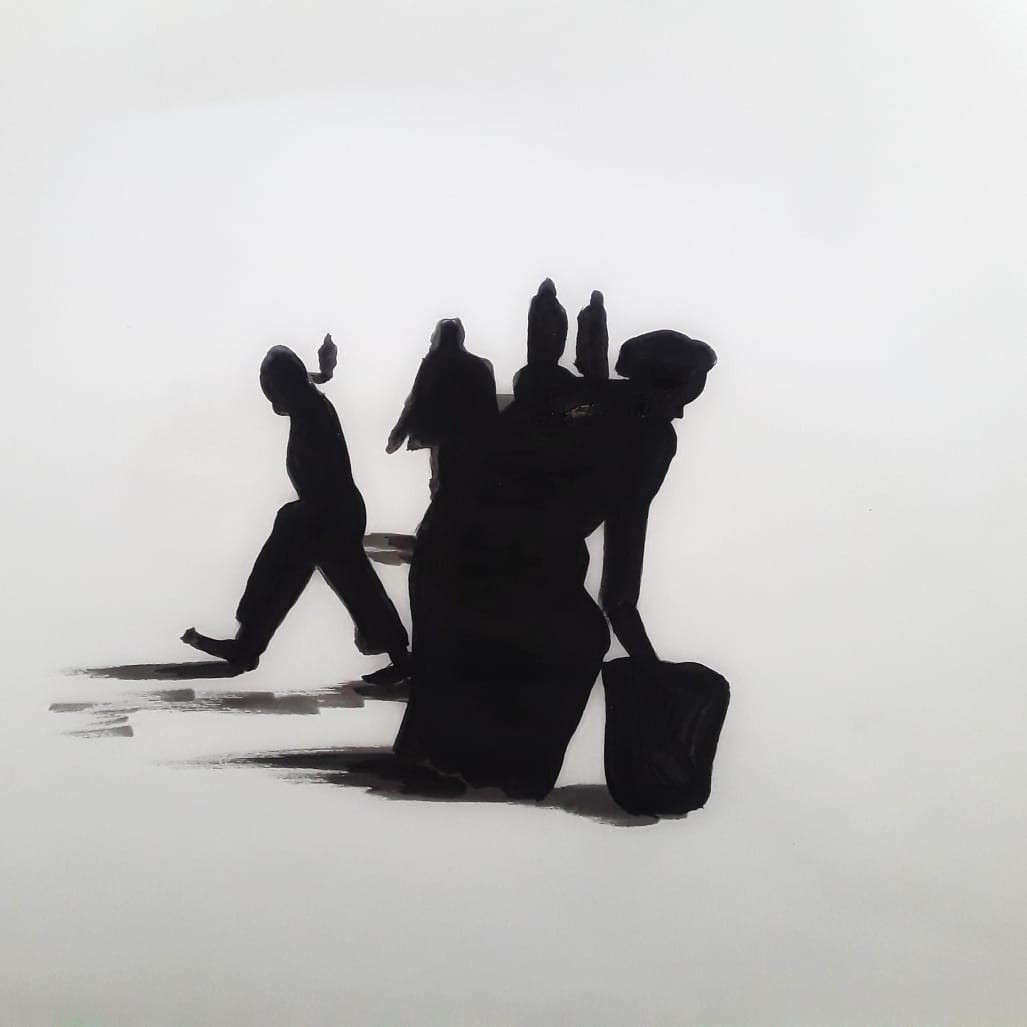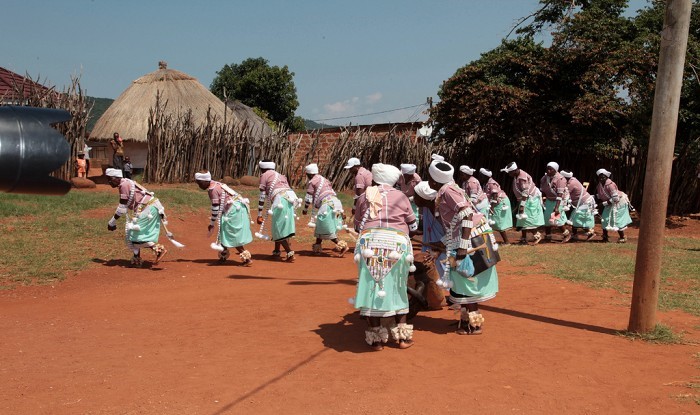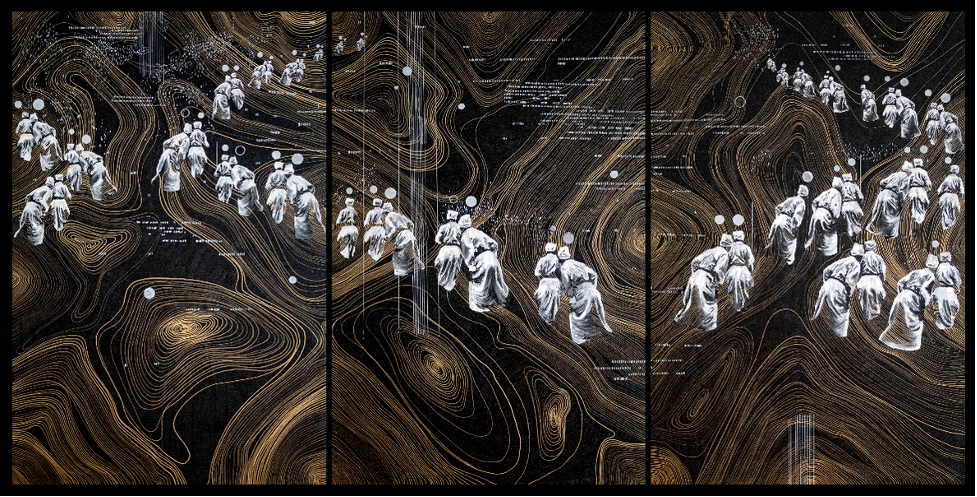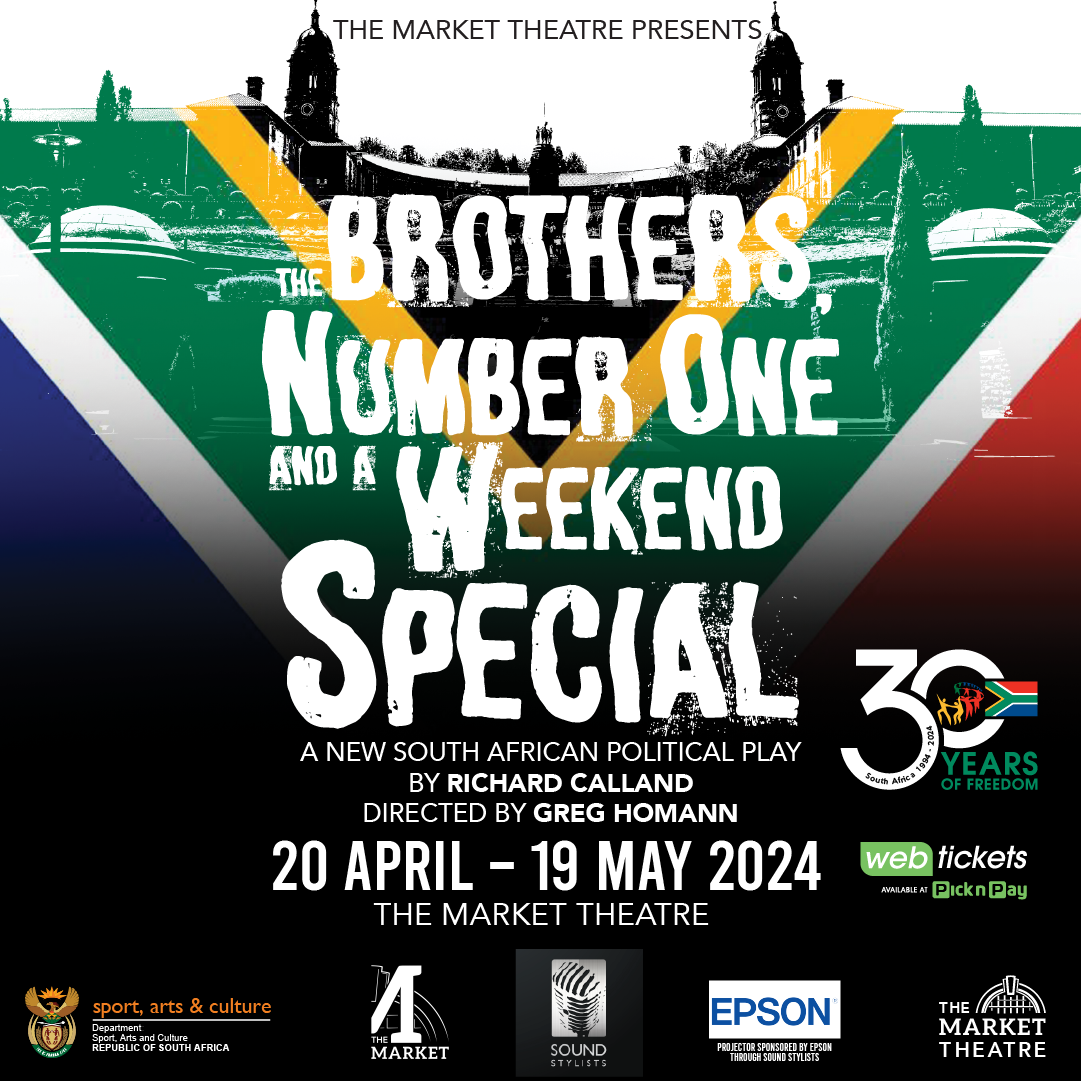It was in 1989 when Kimberlé Crenshaw first coined the term intersectionality to describe how race, class, gender and sexuality intersect with one another and overlap to reinforce the oppression of Black women and queer people everywhere in the world. Patriarchy, a social system in which males hold primary power and predominate in almost every aspect of society, remains deeply entrenched within the fabric of society, to such an extent that a majority of men and women consider it to be a normal way of life. The gender struggle all over the world is concerned, first and foremost, with the abolishment of patriarchy as a system of oppression as well as other systems of oppression such as racism, capitalism and heteronormativity, that reinforce it. Patriarchy, like most forms of oppression, has a way of trying to convince us that, in the words of the Crunk Feminist Collective “things are the way they are because they have to be, that they have always been that way, that there are no alternatives and that they will never change”. This dangerous narrative has allowed patriarchy in South Africa and the world to continue to serve as a catalyst to breed and legitimatise most violations and discrimination against women and the LGBTQ+ community, particularly in the context of blackness.
The unique experiences of being black, woman and queer in South Africa present a variety of issues that these marginalised bodies are subjected to on a daily basis, both outside of and within the black community. Intersectionality centres the voices of those experiencing overlapping, concurrent forms of oppression in order to understand the depths of the inequalities and the relationships among them in any given context. Using an intersectional lens also means recognising that there is a historical context surrounding the issue of patriarchy, gender-based violence and homophobia in South Africa and the rest of the world.
Long histories of violence and systematic discrimination have created deep inequalities that disadvantage certain groups from the onset. These inequalities then intersect with each other, for example racism, sexism, classism etc, especially within the context of blackness. Studies concerning the state of inequality that black women and the LGBTQ+ community face within the black community as a result of internalized misogyny, black male patriarchy, heteronormativity and toxic masculinity have been researched in a mostly theoretical lens but implementation of proposed solutions has proven to be a serious challenge. Although great strides have been made to place non-sexism alongside non-racialism and democracy as key liberation principles by women’s movements such as the ANCWL in South Africa, men in political organisations and other spheres of society have not shown commitment to change their behaviour or give up the power afforded to them by patriarchy and male privilege, in pursuit of an egalitarian society where no one is oppressed on the basis of their sex, gender or sexuality.
This is particularly because Black men also exist in the zone of nonbeing which is a sphere of society characterised by perpetual violence and oppressive hierarchies of existence, which further perpetuates the disenfranchisement of women as a result of the hierarchal nature of oppression in neocolonial societies such as South Africa.
The South African Students Congress (SASCO) unfortunately does not exist in isolation from these patriarchal societies that are characterised by male domination and heteronormativity which aggravate women and queer people’s oppression. Within the student movement, patriarchy is omnipresent, and is the matrix through which political contestation is organised. More often than not, when patriarchy is brought up for discussion in the movement, men often act in a very authoritarian manner, alongside women sometimes, to silence and ridicule any discussions about patriarchy and its manifestations, within and outside of the movement. These attitudes, however, are not exclusive of the broader ideas of the ruling class that dictate and inform social thought and beliefs.
bell hooks in We Real Cool: Black Men and Masculinity (2004), describes black men as victims of imperialist white supremacist capitalist patriarchy, wherein they are essentially taught by white men to associate manhood with the ability to conquer and control. Black male patriarchy, in turn, functions by placing restrictions on the ways that black women and the LGBTQ+ community can operate in their own bodies and gives black men an illusion of ownership, control and domination over black women and queer people’s bodies. It is for this reason that an intersectional and decolonial approach is important and imperative in discussions about dismantling patriarchy and programs centred around that.
Considering that patriarchy and heteronormativity are premised upon colonial ideas of gender, sexuality and being, it is important that decolonisation is placed at the centre of dismantling these systems of oppression. For the organisation to take a revolutionary position on patriarchy and move towards a substantive egalitarian society, it is worth acknowledging that black people are born and raised as colonial subjects in South Africa, that our ideas of gender and sexuality do not exist in isolation from this fact.
Oyérónké Oyêwúmí, in her book The Invention of Women: Making An African Sense of Western Gender Discourses teaches us that in African studies, historically and currently, the creation, constitution and production of knowledge have remained the privilege of the ruling class. It should therefore be the duty of SASCO to commit and dedicate itself to moving women and queer people as marginalised people in society from the margins to the centre. Using Black Feminist thought as a theoretical lens ensures that the marginalized voices of women and queer people are fully heard, and the intersections of their identities are recognized and taken into consideration in the struggle for the total liberation of all marginalised people in South Africa, including black men who themselves suffer from patriarchy in a capitalist and racist context. The soul of our politics should be the commitment to ending domination in whatever form it manifests itself in, particularly because as Thomas Sankara asserts: “there is no true social revolution without the emancipation of women”.
Feminism is for everybody. Especially because cultures of domination attack self-esteem, replacing it with a notion that we derive our sense of being from dominion over another. Patriarchal masculinity teaches men that their sense of self and identity, their reason for being, resides in their capacity to dominate others, particularly women and the LGBTQ+ community. Alarming rates of gender-based violence in South Africa are a reflection of this fact. SASCO, as one of the biggest student movements striving for the transformation of not just institutions of higher learning but society as a whole in order to achieve a non-sexist, non-racial and working class-based education system, needs to acknowledge that intersectionality operates as both the observance and analysis of power imbalances and the tool by which those imbalances could be eliminated altogether. To dismantle patriarchy and its manifestations, particularly heteronormativity, and move towards a non-sexist society, women and queer people must be at the forefront of nation building to bring the South African citizenry together and therefore develop a whole new ethos of human co-existence free from the shackles of oppression and exclusion. The future is therefore not only female, it is intersectional.
Zandile Tshabalala is an NEC Member of SASCO and ANCYL Tshwane RCPC/RTT Spokesperson. She writes in her own personal capacity

